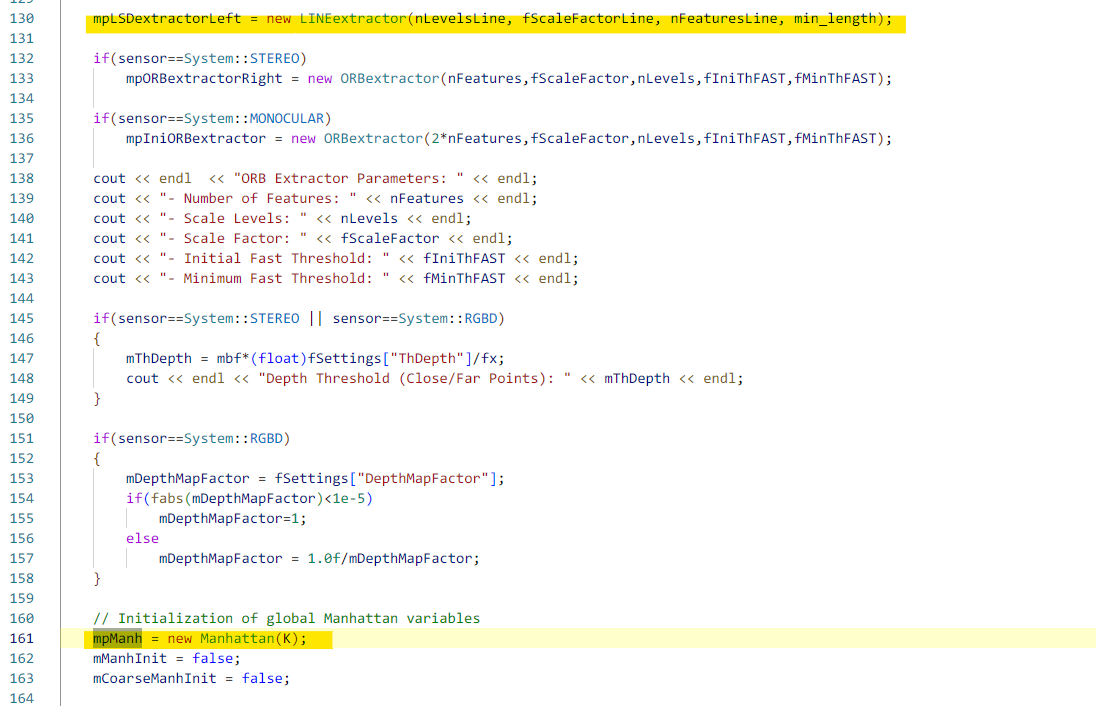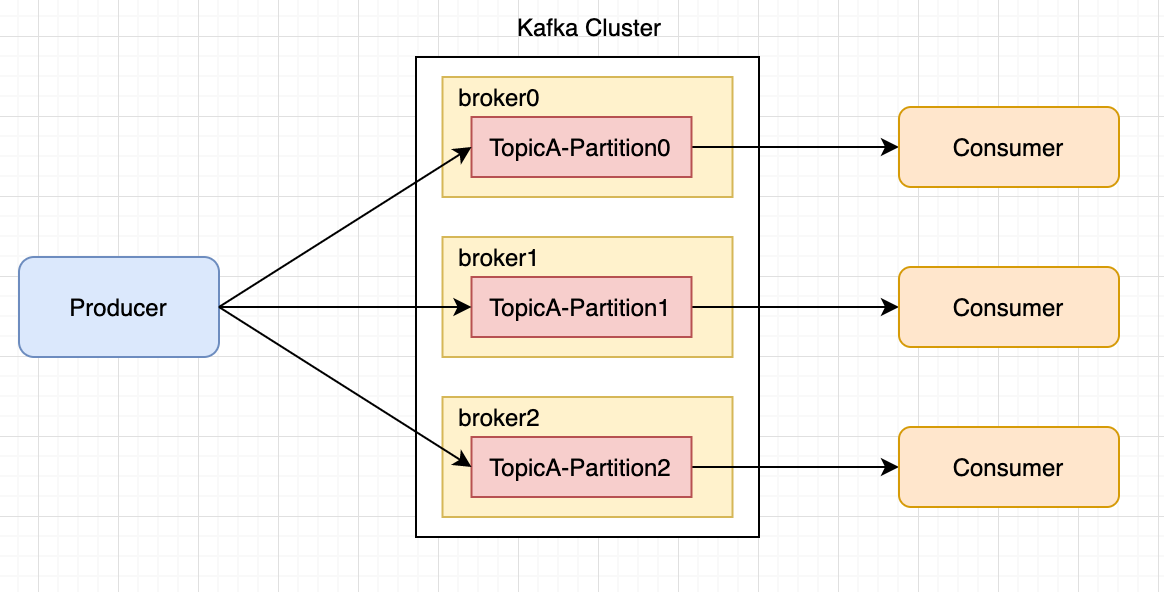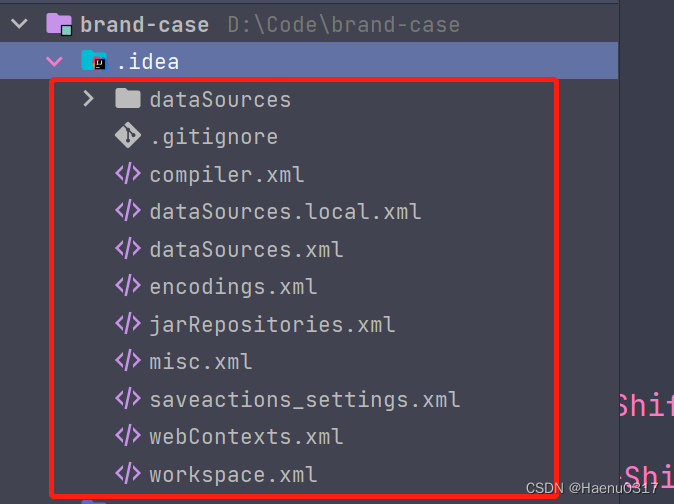Why Do We Still Procrastinate Despite It Causing So Much Stress?
明知道拖延不好,为何还会拖延?

Are you procrastinating?I am.I have been delaying writing this article for the last few days even though I knew I had a deadline.
I have also re-watched the video Inside the mind of a master procrastinator by Tim Urban, one of the best TED talks I have seen.I found it especially comforting to learn that even pigeons procrastinate too.
Procrastination is an interesting form of delay which is irrational in the sense that we do it despite knowing it can have negative consequences.These can range from penalties or fines for a late bill to a lower grade and even a dropout in the academic context.
I know on some subconscious level that if I delay finishing the draft of my book, it will cause me stress when I have to complete in a much shorter amount of time instead.
Given that procrastination causes stress and anxiety, why are most of us still prone to it?As research shows, it is related to a number of cognitive biases.
Present bias
Researchers have defined procrastination as the “present bias in preferences, on account of which agents delay doing unpleasant tasks that they themselves wish they would do sooner.”
For example, we may disregard the future consequences of an action.This comes into play when I give in to temptation and eat yet another chocolate biscuit even though I know I need to cut down on sugar.My willpower does not hold up to this inherent bias where I focus on instant pleasure.
Psychologically, we perceive the impact of an event – or the value of a reward – as dampened if it is further away in the future.This means we perceive a desired result in the future as less valuable than one in the present.
This can also cause a disconnect from our future selves where we may perceive the positive consequences of completing a task successfully as happening to someone else, rather than a future version of ourselves.
When we’re procrastinating, we are choosing a positive activity in the present (such as watching cat videos or socializing) over a positive consequence later on – such as the satisfaction of completing a task or getting a good grade on an assignment.
In one study, when a group of students were offered two choices – $150 now or $200 in six months – a significant majority chose the $150 being offered to them in the present.And when offered the choice between $50 now and $100 a year from now, many chose the immediate $50.Our preference for things and our choices can be distorted by our relative temporal distance to these options.
Status quo bias
Another cognitive bias that is likely to come into play is status quo bias.Our brains are lazy and we want to avoid cognitive load as much as possible.So we are hardwired to avoid tasks that cause us to change our mindset or that lead to cognitive burden – we’d rather just stick with the relaxed mind state we have at the minute than engaging in something new and exhausting.
It essentially makes us resistant to change, as we fear we’ll regret actively making choices (when doing nothing is also a “choice”).The status quo bias can, for example, lead to “loss aversion bias” – compelling us to focus on not losing.When in doubt, we essentially tell ourselves to do nothing.
Pros and cons
Procrastination is a universal experience, irrespective of cultural differences.In my view, it is not a sign of laziness as it is often labelled to be.It is not always bad to delay tasks.I believe sometimes it gives us an opportunity to mull over uncertainties.And research shows it can help us navigate difficult emotions – potentially leading to better work in the end.
Saying this, sometimes procrastination can be a real barrier.This may be due to an underlying mental health problem that needs support and treatment.If procrastination is seriously interfering with your life, you may want to start chopping tasks into smaller pieces and set rewards after each step.
But perhaps more importantly, forgive yourself for procrastinating.The more we internalise the shame and guilt, the more we are likely to procrastinate in the future, and this can be an additional trigger that can compel us to procrastinate even more.
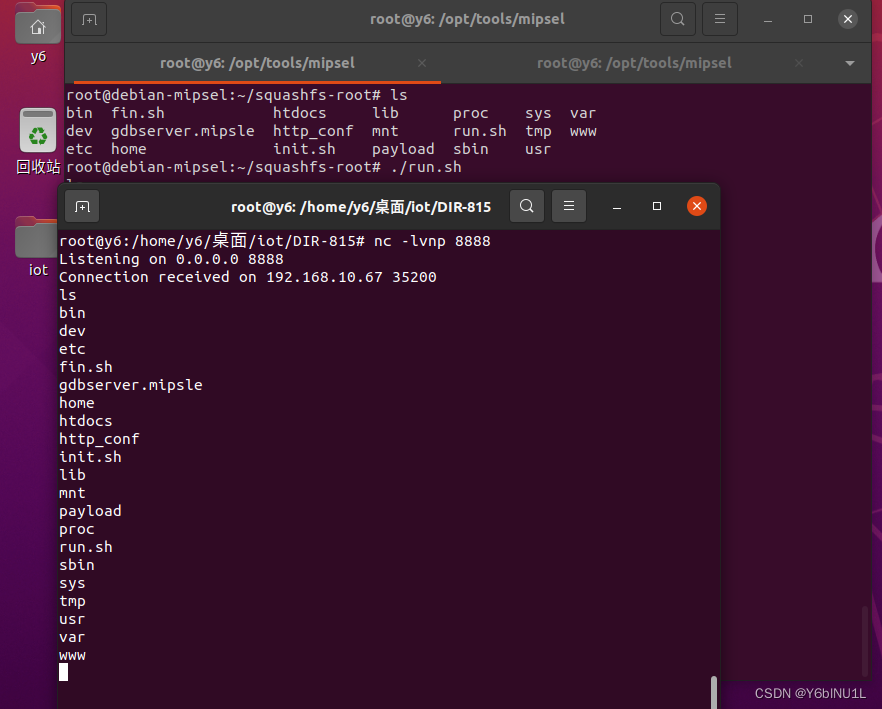

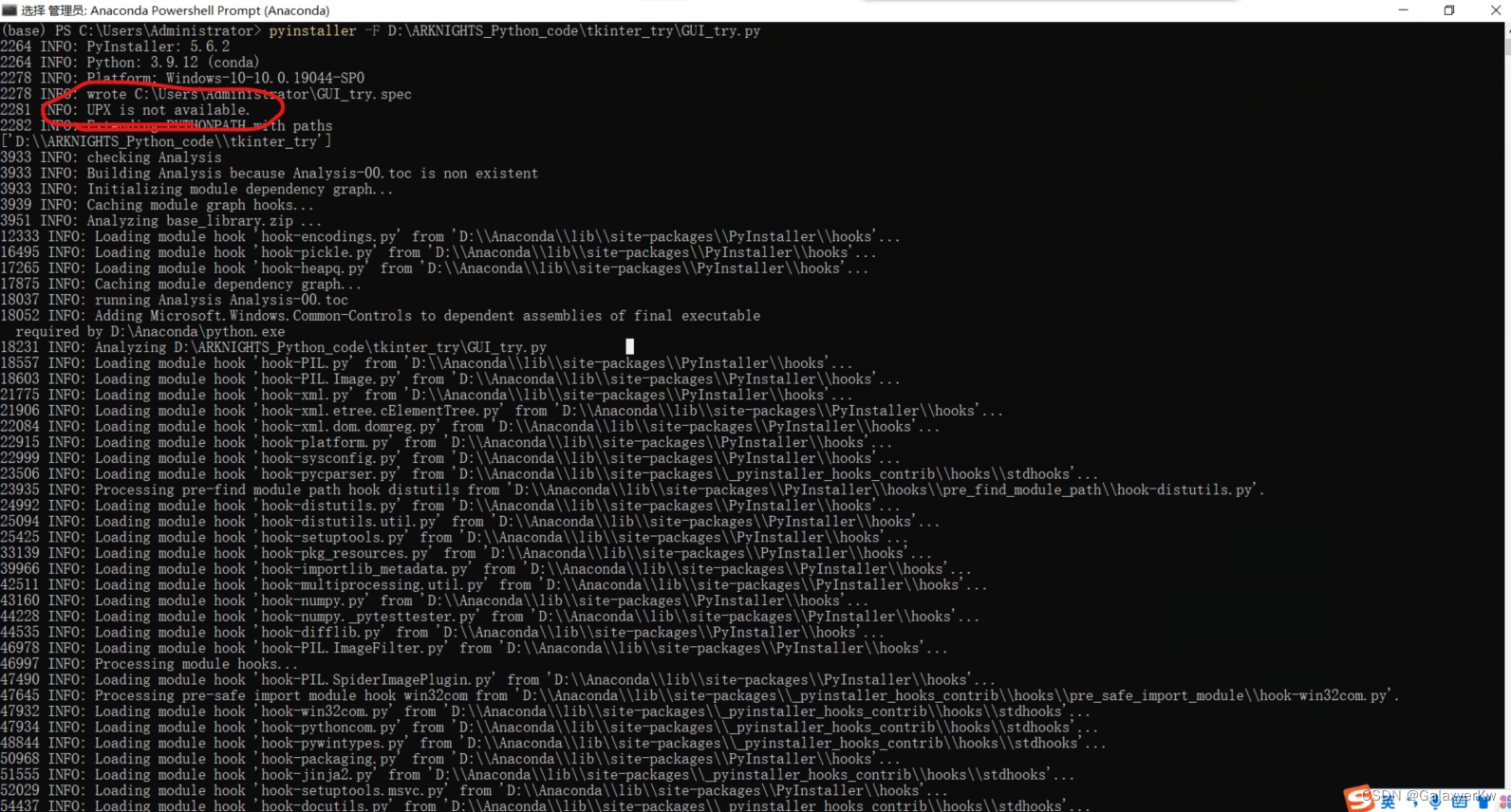
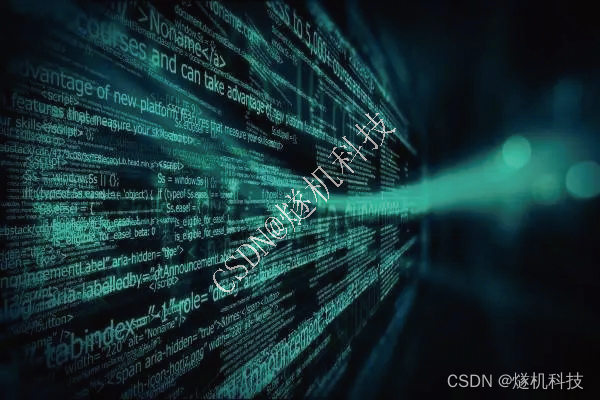
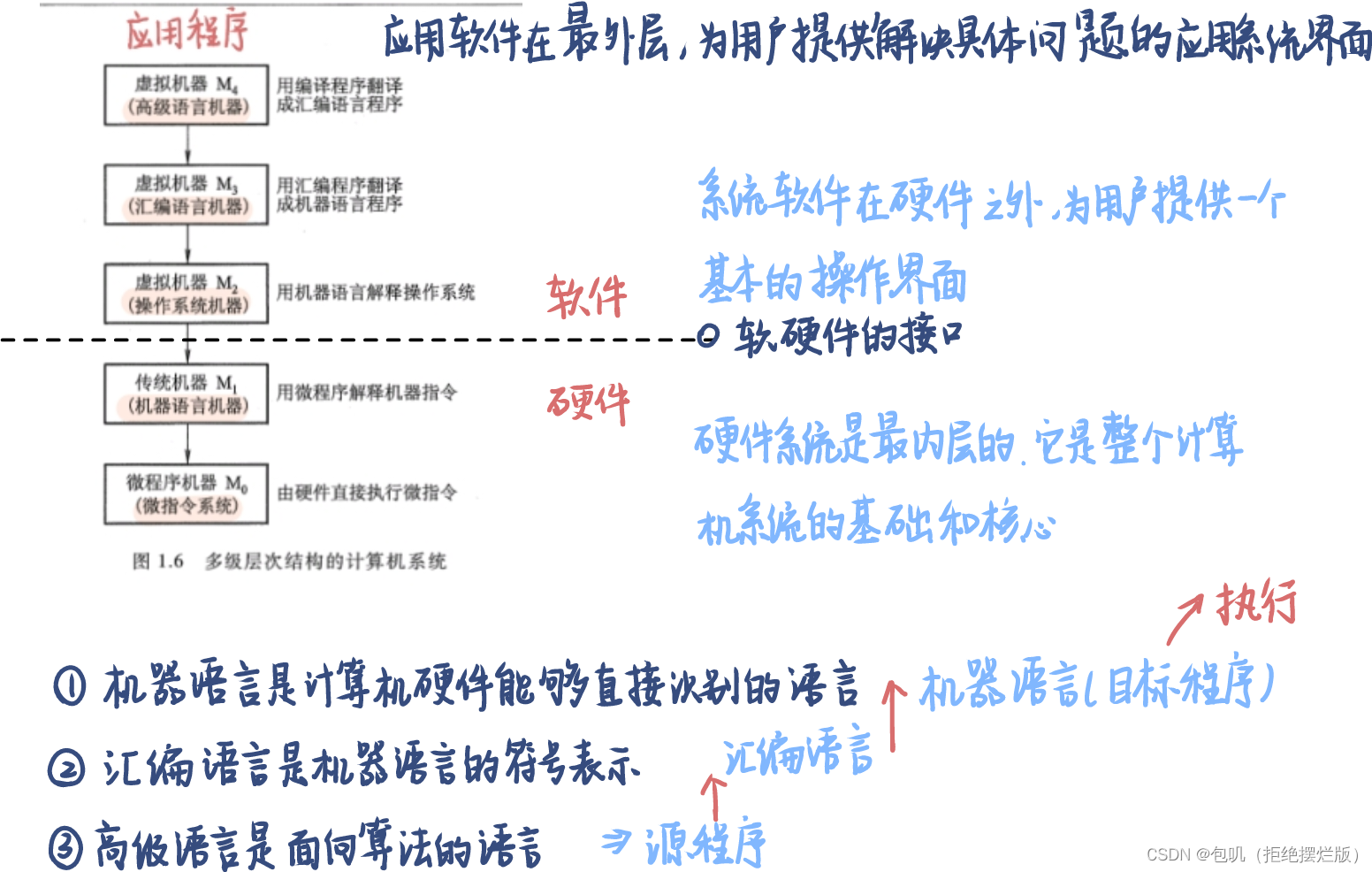



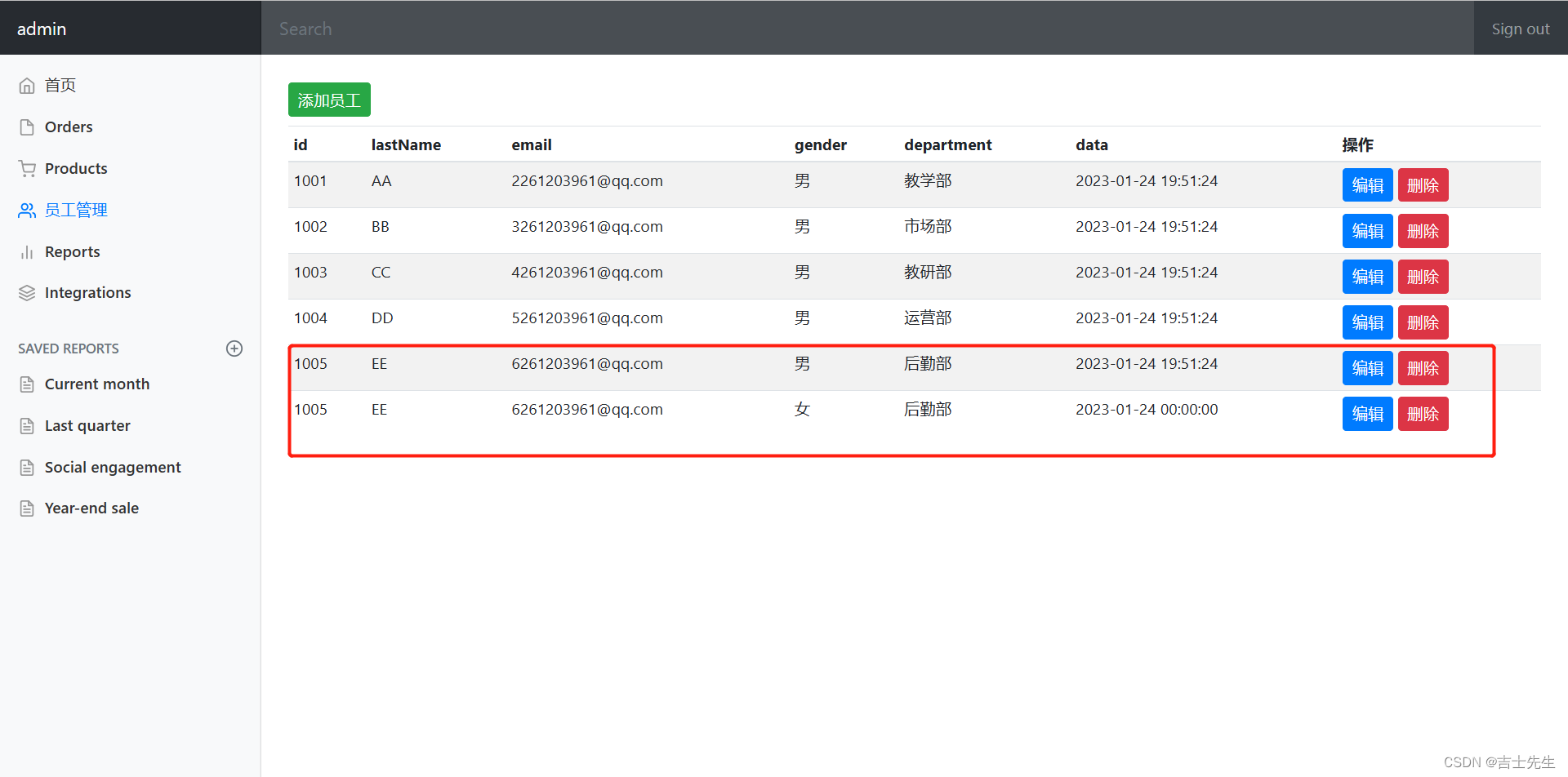
![[QMT]08-从本地行情数据解析历史K线信息](https://img-blog.csdnimg.cn/img_convert/d0b88aeecb825ce13e0c96487e05008b.png)

